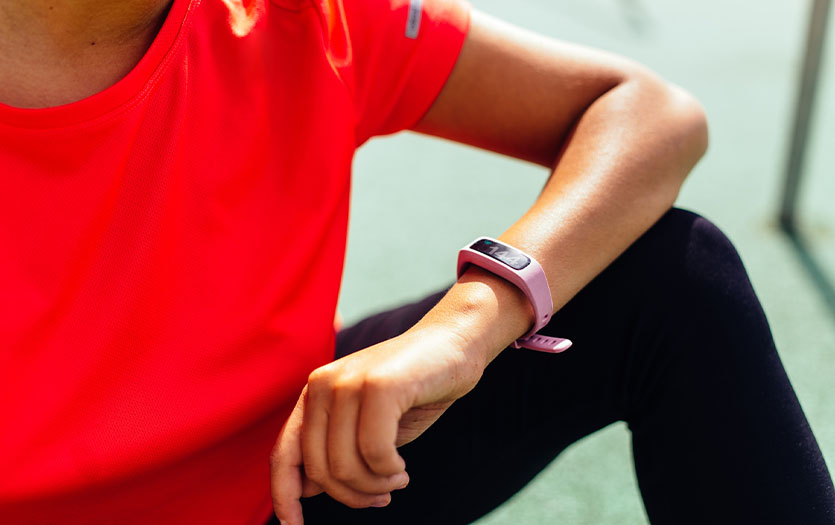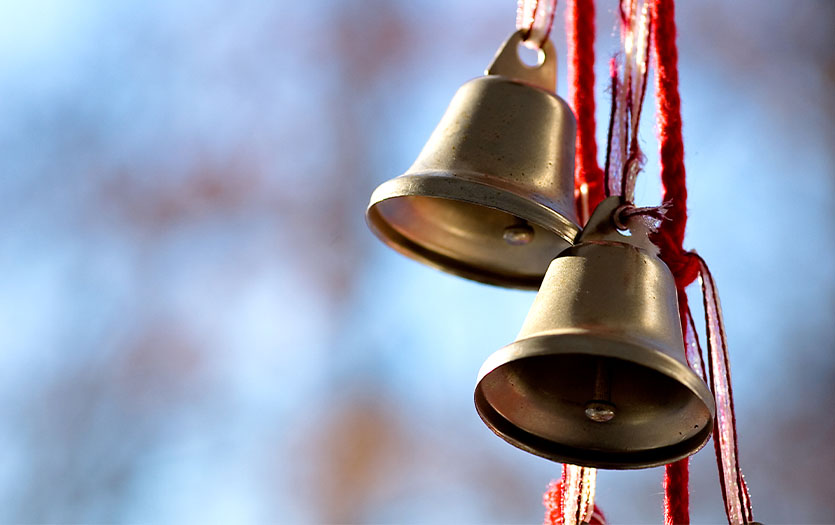
This post was written by Jeremy Minsky MS, CNS, wellness coach, Parkview Employer Solutions, and Tori Chess, well-being coordinator, Parkview Employer Solutions.
The winter can be cold and gloomy. It’s no wonder we tend to feel more down in the winter months. However, practicing self-care can help you beat those winter blues and may also make you feel more energized and joyful. Let’s explore what self-care looks like and easy ways you can start to add more self-care into your days.
What is self-care?
When exploring self-care, it’s important to define what self-care is and what it is not. Self-care is neither being selfish nor is it taking part in self-indulging or self-sabotaging behaviors. Self-care is deliberately caring for your well-being through restorative activities to promote health and actively managing and preventing illness. Like healthcare, self-care is individualized and looks different from person to person.
Everyone can benefit from self-care because everyone has stressors that leave them feeling exhausted, anxious, down, or blue — especially in the winter. Identifying and addressing the common stressors in our everyday lives that are within our control is important. For example, some of the most stressful things we expose ourselves to are things we put into our bodies like sugar, alcohol, excessive amounts of caffeine and processed foods. Implementing self-care practices is an essential part of your well-being and takes less time than you might think.
Starting a self-care practice
You can start to experience the benefits of self-care by practicing for just five minutes a day. Taking time for self-care means establishing behaviors around food, exercise and sleep and making medical and mental improvements to ensure the holistic well-being of yourself. A few benefits of self-care are more energy, better sleep, improved cognitive function, better mood and a healthier stress response.
The most significant benefit of self-care is having a healthier and better functioning relationship with yourself. This means identifying areas in your everyday life that are causing mental and physical stress. Once you identify these stressors, avoid what you can and begin incorporating behaviors to help offset the others. Self-care brings your well-being to the forefront, so you are better positioned to function for yourself and others.
Here are five examples to implement self-care in your everyday routine:
- Stretch. Set a timer and stretch for 3-5 minutes every hour.
- Practice gratitude. Take a few minutes every day and make a list of five things you are grateful for.
- Listen to music. Turn on your favorite song as loud as you can and maybe even bust a move!
- Express thanks. Send someone a "thank you" text or card and share something that you appreciate about that person.
- Organize a space. Find a messy place in your house or workspace and clean it as fast as you can.
Take some time to implement the self-care examples above and modify them to fit your lifestyle. Ask a friend to meet you somewhere for a stretch break or workout. Send a friend a song that reminds you of them. Call someone to give them a thank you or compliment. When the sun is out, soak it up!
While the days seem long, the season is short. Don't forget to invest in yourself!
Employee resources to support a healthy workforce
Parkview Employer Solutions partners with area businesses, delivering innovative services to improve the health and well-being of employees including Workplace Wellness, Occupational Health, Employee Assistance Programs, Proactive Injury Care, Employer Clinics, Diabetes Care Direct and more. Contact [email protected] for additional information.



